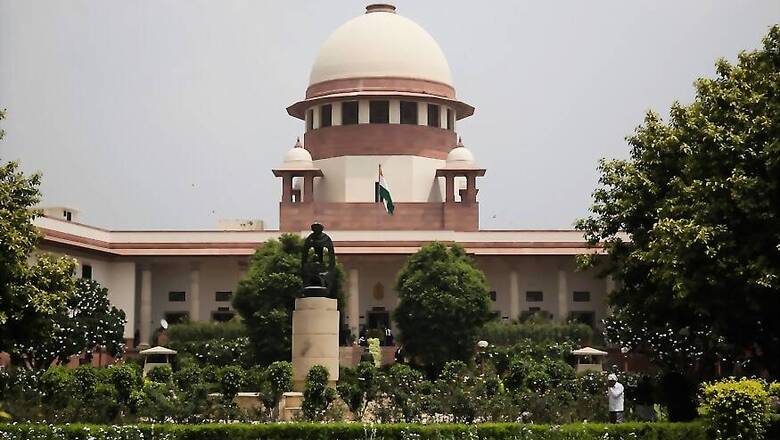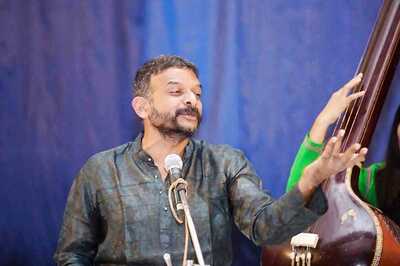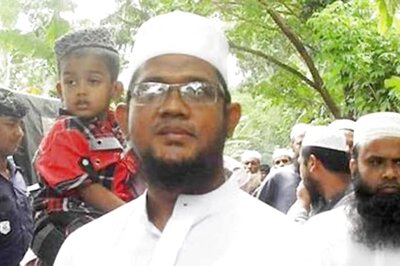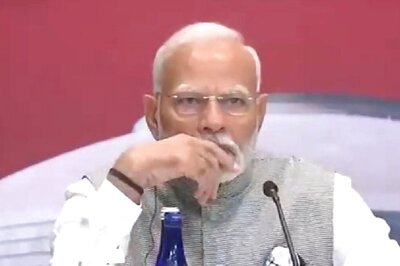
views
New Delhi: Terming matters related to the dilution of Article 370 and its aftermath as “serious”, the Supreme Court on Friday questioned the petitioners for not filing their petitions in proper format.
"In a matter as serious as this, people are filing defective petitions," commented Chief Justice of India Ranjan Gogoi as the three-judge bench took up five petitions one after the other.
The bench, which included Justices SA Bobde and SA Nazeer, was critical of the fact that not one of these petitions were free from technical defects, so they could be taken up on merit.
The first petition by advocate ML Sharma, the bench said, was not even maintainable in the present form, adding that the judges could not make out the head or tail of it. Sharma said he would amend his petition.
The court noted that another petition by a Kashmiri lawyer, Shakir Shabir, was defective when it was filed and that the defects were removed only on Wednesday evening.
As Shabir pressed for a hearing, Justice Gogoi retorted: "You removed the defect on Wednesday evening and yesterday was a holiday. Why did you file a defective petition? You file a defective petition and then trouble my officers? That's not done."
Subsequently, advocate Vrinda Grover appeared to argue on behalf of Kashmir Times Executive Editor Anuradha Bhasin, who has prayed for lifting of the restrictions so that the press can effectively discharge its duties.
As Grover mentioned about the clampdown on communication channels, particularly in Kashmir, the CJI said: "I have read it in media reports that restrictions on landline and broadband are likely to be removed by evening today."
On the point of restrictions on landline, Justice Bobde mentioned: "The landlines are working there. I spoke to the Chief Justice of the High Court this morning."
Grover replied that the judges were perhaps talking about the Jammu region since very stern restrictions are in place for the Kashmir Valley.
Responding to this, Attorney General KK Venugopal submitted in the court that the situation is" very dynamic" there and that the restrictions are likely to be lifted one after the other depending on the situations.
"Also, Kashmir Times is being published from Jammu. We have allowed all other newspapers to publish as well. If this newspaper can't publish from Kashmir, there has to be some other reason," added Venugopal.
Solicitor General Tushar Mehta supplanted the A-G's submissions.
"I have to say that we should trust our security agencies. We are working with the best interests in our minds," Mehta told the bench.
At this point, the bench decided to adjourn the matter for some time next week, and recorded that the matters will be listed subject to the order by the CJI on administrative side.
Justice Gogoi also mentioned that the Ayodhya bench, which he heads, was broken to hear these cases on an urgent basis but the lawyers haven't even cared much about filing petitions properly.
Mehta, towards the end of the hearing, said that pendency of petitions may not be the best way forward. But the CJI did not respond and simply adjourned the clutch of petitions.


















Comments
0 comment